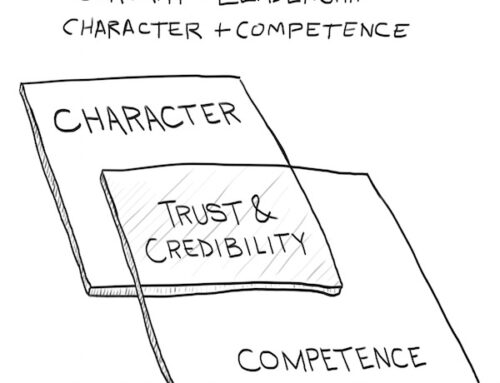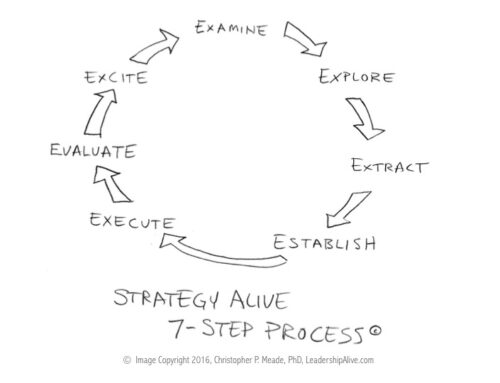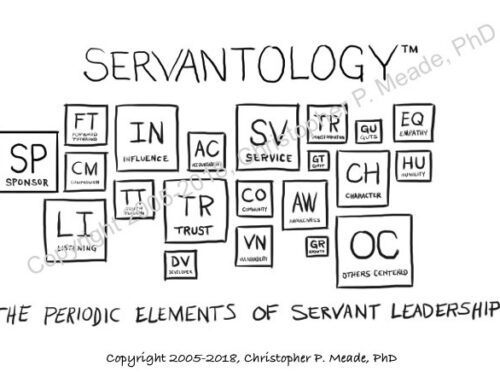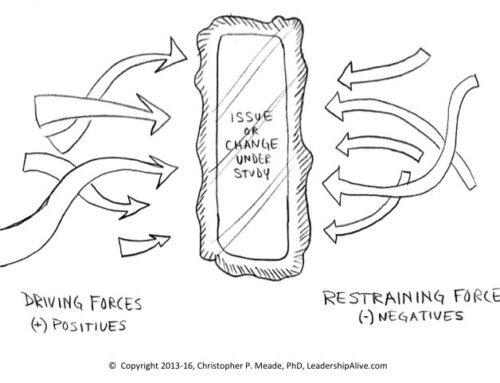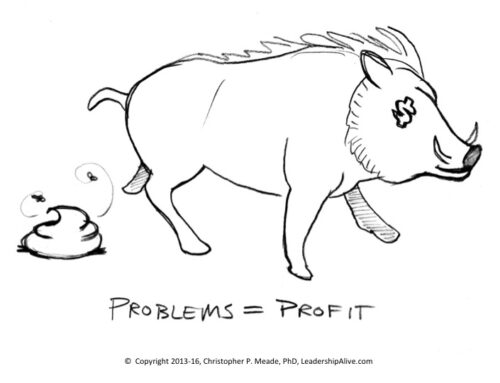The Reflective Practitioner
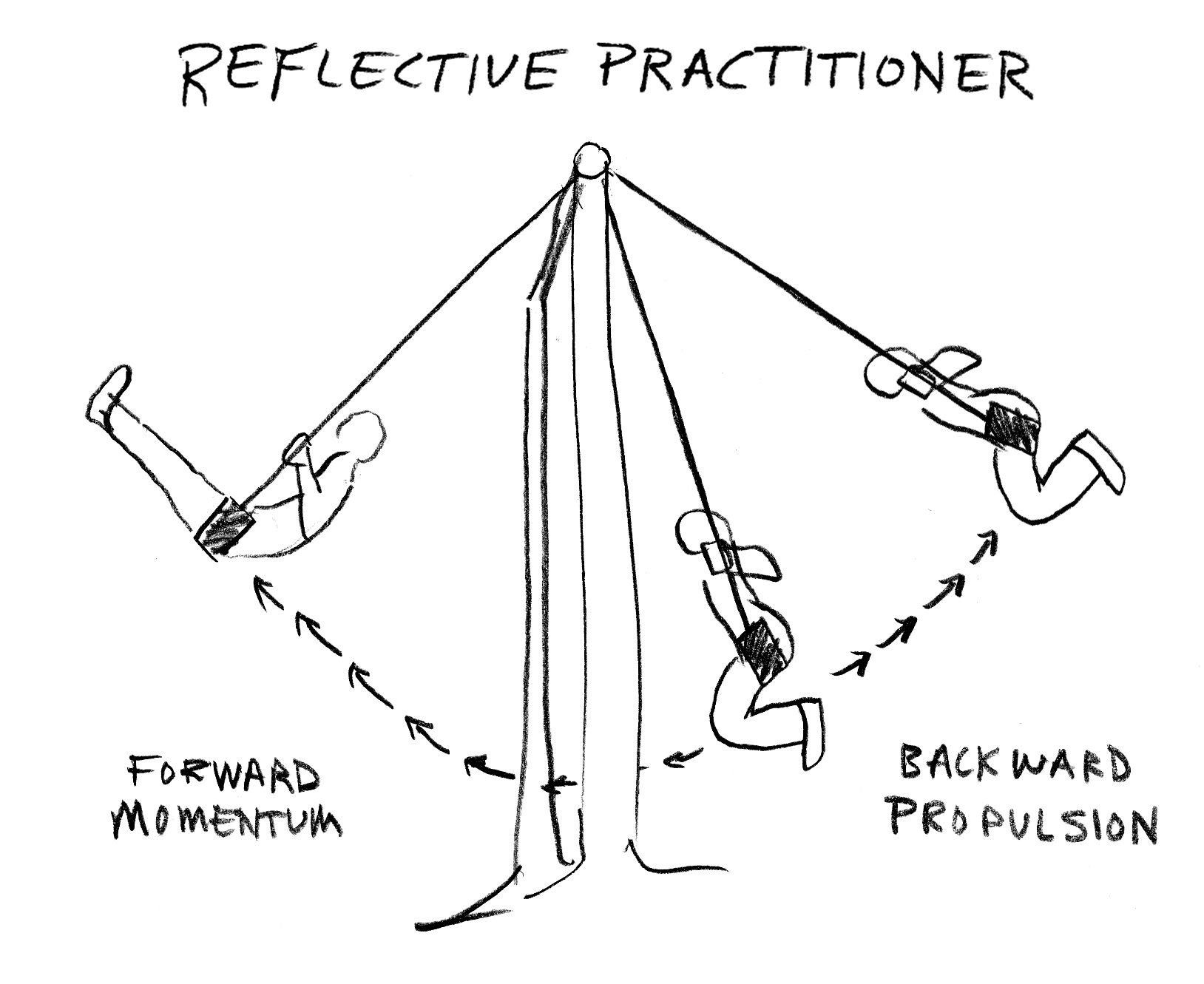
Thinking deeply is quickly becoming a lost art in our fast-moving Western society. For example, if you visit a country in the East and come across an elderly man working quietly in a beautiful and serene garden, you would not interrupt him because he’s doing something that’s culturally perceived as important. On the other hand, if you were in the West and saw someone running around in the office like a chicken with his head cut off, texting with one hand, stacks of papers in the other, and a Bluetooth fastened to his ear, you wouldn’t interrupt him because in American culture he’s perceived as doing something important. But in the East, we can interrupt a person moving fast, and in the West we can interrupt a person going slow and reflecting.
All that is to say that I think we’ve lost something valuable in our culture––the art of thinking deeply, critically, and reflectively. Too often, concepts like personal reflection are only thought of as a stress-relieving therapy or a spiritual discipline, rather than one of the most powerful assets business leaders have at their disposal. There’s a huge payoff in taking time to think.
Secret Of The Swing
Author Len Sweet first introduced me to an insightful principle that I’ve come to call the “Reflective Practitioner.” Most of us have spent some time on a swing-set in the park. If you remember, the secret of how high you could get came when you learned how to lean back in the swing and pump your legs. The more efficient you were in your pumping backward, the higher you went forward and upward. As Len puts it, “The secret of the swing: Backward propulsion creates forward momentum.” The same is true in life.
Thinking Deeply
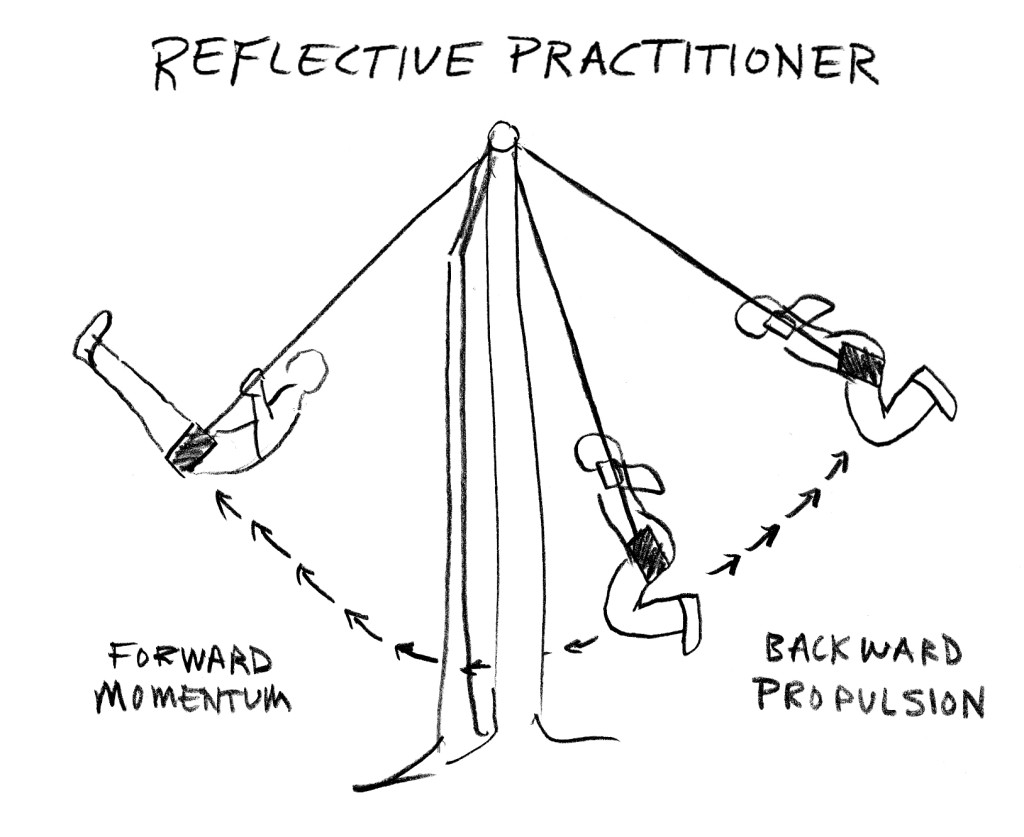 When we take time to reflect, to slow down and think deeply, it empowers us with creativity, insights, breakthroughs, and new learning. This process fuels us to soar to new heights. There is no way we’ll ever reach our full potential without learning how to lean back into our swing. I encourage leaders (i.e., lifelong learners) to carve out time to think, reflect, debrief, journal, pray, etc. Often, because many of our work cultures don’t understand this principle, they won’t pay you to do it while you’re on the clock. We have to do it on our own time. Some people would even get in trouble if they closed the blinds in their office, turned off the phone, shut down the computer, and just spent time thinking and reflecting. Many a boss would say, “Do that on your own time. You’ve got work to do! Chicken, get running!” So, let me encourage you to find a swing! Go to a park and lean back and pump! Do this in your personal, professional, relational, emotional and spiritual life, too.
When we take time to reflect, to slow down and think deeply, it empowers us with creativity, insights, breakthroughs, and new learning. This process fuels us to soar to new heights. There is no way we’ll ever reach our full potential without learning how to lean back into our swing. I encourage leaders (i.e., lifelong learners) to carve out time to think, reflect, debrief, journal, pray, etc. Often, because many of our work cultures don’t understand this principle, they won’t pay you to do it while you’re on the clock. We have to do it on our own time. Some people would even get in trouble if they closed the blinds in their office, turned off the phone, shut down the computer, and just spent time thinking and reflecting. Many a boss would say, “Do that on your own time. You’ve got work to do! Chicken, get running!” So, let me encourage you to find a swing! Go to a park and lean back and pump! Do this in your personal, professional, relational, emotional and spiritual life, too.
Think Kaizen
Yes, as life practitioners, we must be out in the arena working for a living, but it’s important to take time to reflect on what you do right and what you could improve. Be a reflective practitioner. Think Kaizen. Journal what you learn today while you’re out in the marketplace. Jim Collin’s used to keep a win/loss journal in his pursuit of becoming a “Level 5 Leader.” Muse over the challenging conversations that you had with a coworker during a meeting. What went right? What went south? What will you do differently? Learning is tethered not only to application, but to reflection regarding the application. Let me encourage you to renew the art of thinking critically. Schedule time to reflect. Remember: Forward movement is tied to leaning back in the swing and thinking deeply.
